An msc business intelligence is a specialized master’s in business intelligence that focuses on data analytics, business strategy, and technology. You gain advanced skills that help you make strong, data-driven decisions in any business setting. Companies now seek professionals with a business intelligence degree because the field has grown rapidly. Over the past five years, the demand for graduates with a master’s in business intelligence has surged, driven by a 21% job growth rate and rising salaries. This degree prepares you for strategic roles where decision-making and technical expertise matter most.
Every demo in this article was designed using FineBI. Ready to unlock smarter insights? Click below to start your free FineBI trial and see what’s possible!

When you choose a master’s in business intelligence, you enter a field that blends technology, business, and data. This degree prepares you to turn raw data into valuable insights for organizations. You learn how to collect, manage, and analyze information to help companies make better decisions. A master’s in business intelligence is not just about crunching numbers. You also develop skills in communication, teamwork, and leadership.
Many universities around the world offer this advanced study in analytics and business strategy. These programs attract students who want to become experts in data and analytics. You can find top-ranked options in the United States, Europe, Asia, and Australia. The chart below shows the countries with the most highly regarded programs:
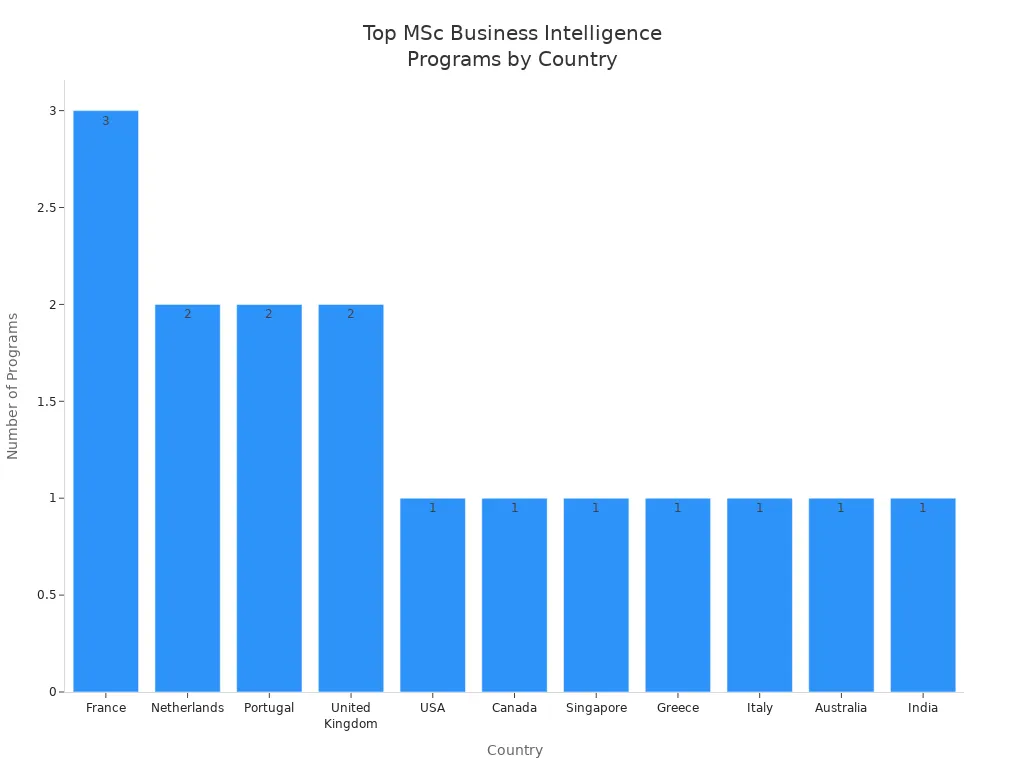
You will notice that the United States, Portugal, France, and the United Kingdom lead the way in offering high-quality business intelligence degree programs. Some of the most recognized universities include MIT Sloan School of Management, NOVA Information Management School, and Imperial College London.
A master’s in business intelligence usually takes one to two years to complete. You can study full-time or part-time, depending on your schedule. Most programs require you to finish a set number of credits, core courses, electives, and a capstone project. The table below gives you a clear idea of what to expect:
| Aspect | Details |
|---|---|
| Duration (Full-time) | About 9 months to 1 year (2 semesters + optional 3rd semester for capstone) |
| Duration (Part-time) | About 2 years |
| Total Credits | 33 to 41 credits |
| Course Components | Up to 4 Business Foundations courses, 25 credits core analytics, 8 credits electives |
| Capstone Project | Required (project, internship, or research essay) |
| Delivery Mode | Flexible scheduling including evenings, weekends |
| Sample Courses | Data Visualization, Simulation Modeling, Data Wrangling, Probability & Statistical Modeling, Data Mining, Optimization |
| Study Schedule | Fall and spring semesters for core and electives; capstone typically in final semester |
You can also find online options that offer flexibility. Some programs include short residencies or industry projects to give you hands-on experience.
A master’s in business intelligence focuses on teaching you how to use data and analytics to solve real business problems. You will learn to work with large datasets, build models, and create dashboards that help leaders make informed choices. The curriculum covers a wide range of topics, from statistics and programming to business strategy and ethics.
Here is a table that outlines the core components and subjects you will study:
| Core Components and Subjects | Description |
|---|---|
| Foundations of Business Analytics | Mathematical and statistical concepts, Python programming for business applications. |
| Data Management with Lab | Data modeling, database design, data governance, SQL, data warehousing, decision support systems. |
| Business Intelligence & Data Integration with Lab | Design and management of data warehouses and BI systems, architecture, data integration, deployment. |
| Optimization and Process Analytics | Mathematical optimization models for business problems using tools like Excel Solver. |
| Multivariate Data Analytics | Multivariate analysis using R, including PCA, factor analysis, cluster analysis, logistic regression, forecasting. |
| Experimental Design | Experimentation, hypothesis testing, sampling, data analysis for cause-effect relationships. |
| Data Analytics and Machine Learning | Data mining, machine learning algorithms, clustering, decision trees, neural networks, case studies. |
| Practicum in Analytics | Real-world analytics projects with industry mentorship. |
| Management of AI Technologies | AI applications in business, project management, ethics, fairness, transparency, legal aspects. |
| Elective Concentrations | Social Network Analytics, Marketing Analytics, Supply Chain Analytics, Big Data Technologies. |
| Professional Skills | Seminars, workshops, industry talks, student clubs for business communication and professional skills. |
| Technical Skills | Boot camps on SQL, R, SAS, Python, Hadoop. |
| Infrastructure Expertise | Access to advanced labs, financial systems software, Bloomberg terminals, large datasets. |
You will gain hands-on experience with industry-standard tools such as SQL, Python, R, and Tableau. Many programs also include labs and workshops where you practice what you learn. You will work on real-world projects, often with guidance from industry mentors.
The main objectives of a business analytics program include:
You will also learn to apply principles from economics, marketing, and management in data science contexts. Programs teach you to build business intelligence capabilities using the latest technologies. You will analyze legal and ethical issues related to data and design advanced models to support business decisions.
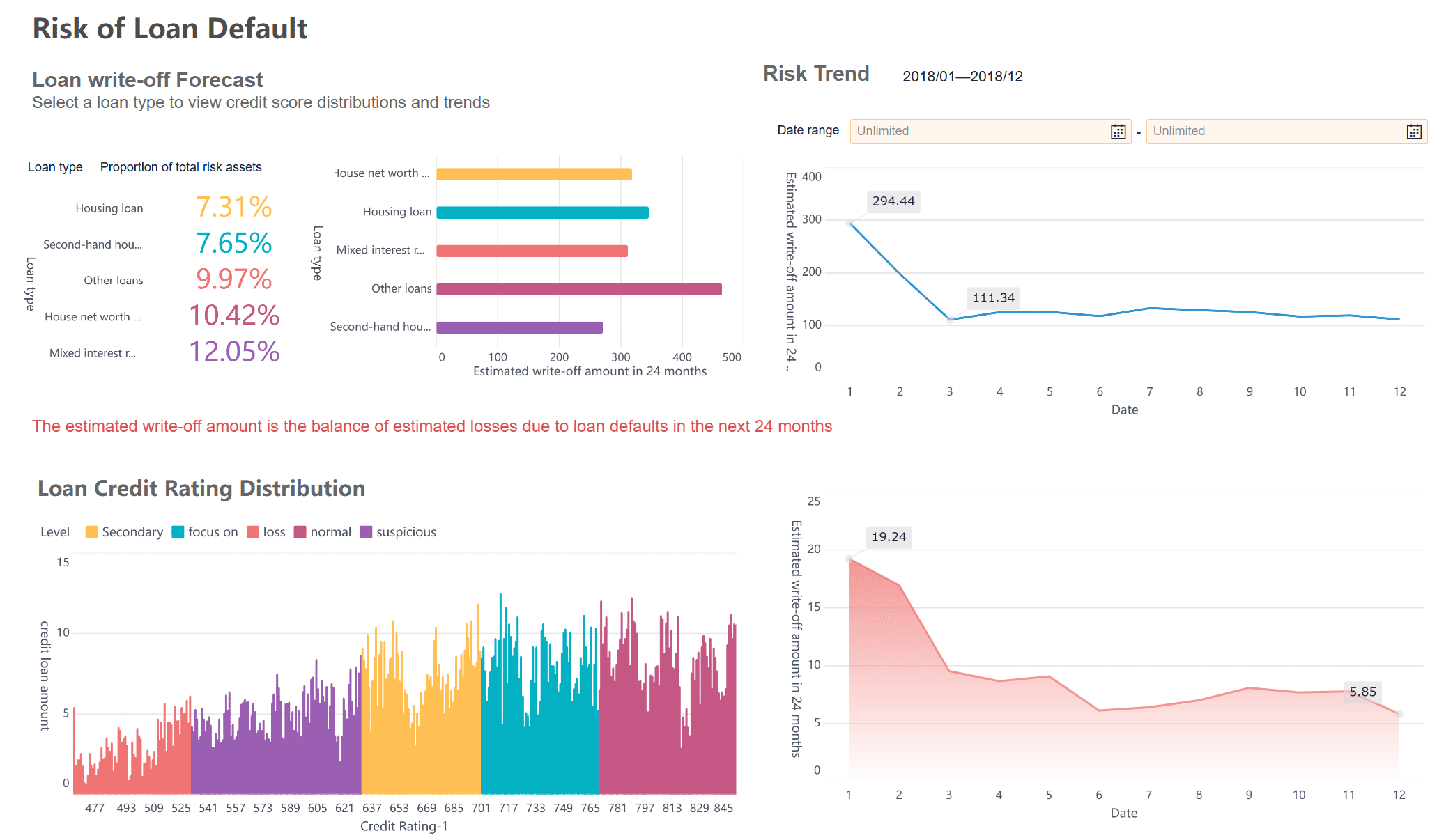
Note: Business intelligence degree programs align closely with industry needs. You will learn to engage with company leadership, understand strategic goals, and tailor your analytics work to support key performance indicators (KPIs). Programs emphasize data governance, accessibility, and the integration of AI to meet the demands of modern organizations.
A master’s in business intelligence gives you the skills to bridge the gap between business strategy and data-driven decision-making. You will graduate ready to lead analytics teams, manage data projects, and drive innovation in any industry.
You will find that MSc Business Intelligence programs offer a strong foundation in both technical and business skills. Most programs require you to complete core analytics courses in your first semester. These courses cover topics such as data management, optimization, and machine learning. You also participate in a business practicum, which gives you hands-on experience with real data projects.
Here is a table showing some of the most common core courses and their focus areas:
| Course Name | Description | Credit Hours |
|---|---|---|
| Financial Decision Making | Core finance decision-making course | 3 |
| Data Management | Data handling and management | 1 |
| Data Management Lab | Practical lab for data management | 2 |
| Optimization and Process Analytics | Analytical optimization techniques | 3 |
| Multivariate Data Analysis I | Statistical data analysis methods | 3 |
| Data Analytics and Machine Learning | Analytics and ML techniques | 3 |
| Business Intelligence & Data Integration | BI concepts and integration | 1 |
| Practicum in Analytics | Hands-on analytics project | 3 |
| Experimental Design II | Experimental methods in analytics | 3 |
| Foundations of Business Analytics | Introductory business analytics | 3 |
You will learn to work with both structured and unstructured data. Programs teach you to explain the differences between descriptive, predictive, and prescriptive analytics. You will also develop the ability to communicate your analysis to business leaders and solve complex business problems using data.
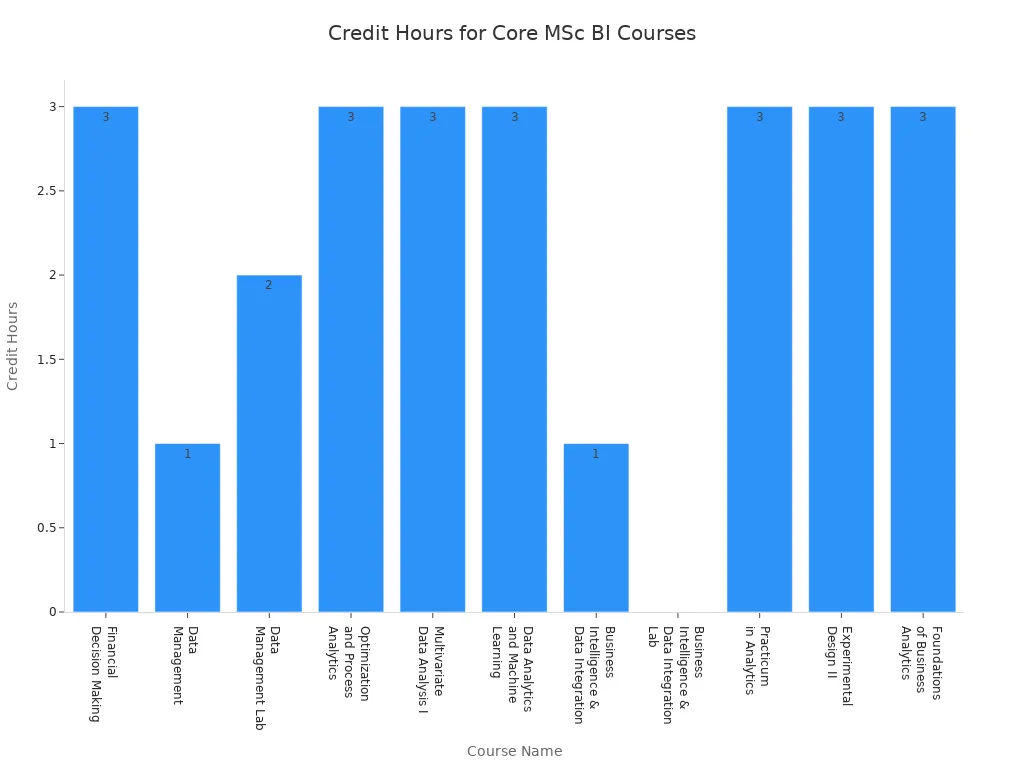
Modern MSc Business Intelligence programs train you to use leading data tools and technologies. You will work with platforms like Python, R, SQL, and Tableau. Today, tools such as FanRuan’s FineBI and FineChatBI set the standard for self-service analytics and conversational data analysis.
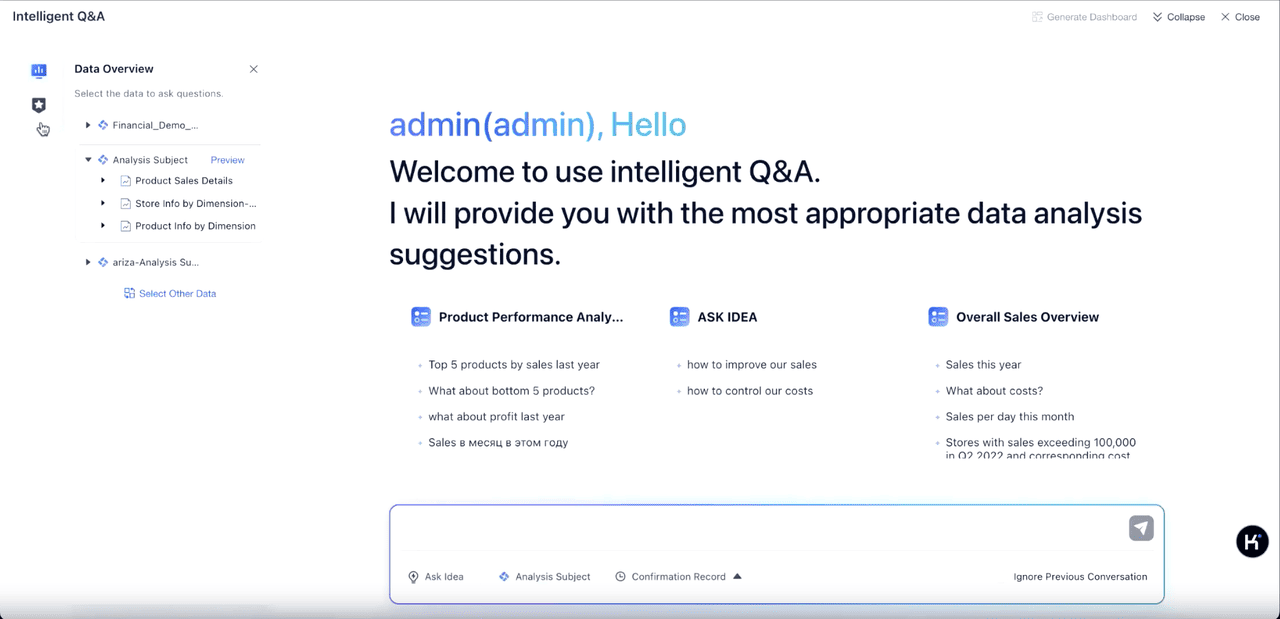
FineBI allows you to connect to many data sources, process and clean data, and create interactive dashboards. You can visualize trends, track KPIs, and share insights across your organization. FineChatBI takes analytics further by letting you ask questions in plain language and receive instant, visual answers. This conversational analytics approach helps you and your team make decisions quickly, even if you do not have technical expertise.
Tip: Learning to use tools like FineBI and FineChatBI prepares you for the future of business intelligence, where data integration, visualization, and conversational analytics are essential skills.
You will build a wide range of analytical and business skills during your studies. Programs teach you data analysis and interpretation, including statistical modeling and hypothesis testing. You will gain experience in predictive analytics, using machine learning to forecast trends and solve business challenges.
Key skills you will develop include:
You will also learn to align business strategy with data insights, bridging the gap between data teams and company leadership. These skills make you a valuable asset in any industry that relies on data-driven decision-making.

When you earn a business intelligence degree, you open the door to many career paths. You can choose from a wide range of analyst and leadership roles. Here are some of the most common job titles you might pursue:
You will find that each role lets you work with data in different ways. As a business intelligence analyst, you might focus on turning complex data into clear business recommendations. If you become a data engineer, you will build and manage data pipelines that support analytics across your company.
You can find opportunities for business intelligence professionals in almost every industry. Companies need experts who can turn data into insights. The table below shows some of the top industries and employers that hire graduates like you:
| Industry | Representative Company | Relevant Roles Hired | Notes on Opportunities for MSc Business Intelligence Graduates |
|---|---|---|---|
| Technology | Cisco | Data Analyst, Software Engineer, Machine Learning Engineer | Many roles focus on analytics and data-driven projects. |
| Banking & Investment | Fidelity | Senior Data Scientist, Data Science Practice Lead, Principal IT Data Analyst | Strong demand for analytics and business intelligence analyst roles. |
| Healthcare | Humana | Senior Business Intelligence Engineer, Data Manager, Cognitive/Machine Learning Professional | Direct opportunities for business intelligence professionals. |
| Retail | Lowe’s | Senior Data Scientist, Senior Data Analyst, Lead Analyst | Retailers rely on data to understand customers and trends. |
FanRuan stands out as a leader in the business intelligence sector. Its Fanruan Certified Professional (FCP) certification helps you prove your skills with tools like FineBI and FineChatBI. Many employers now look for this certification when hiring for business intelligence roles. FanRuan’s global client base, including companies in manufacturing, finance, and retail, shows the wide range of opportunities available to you.
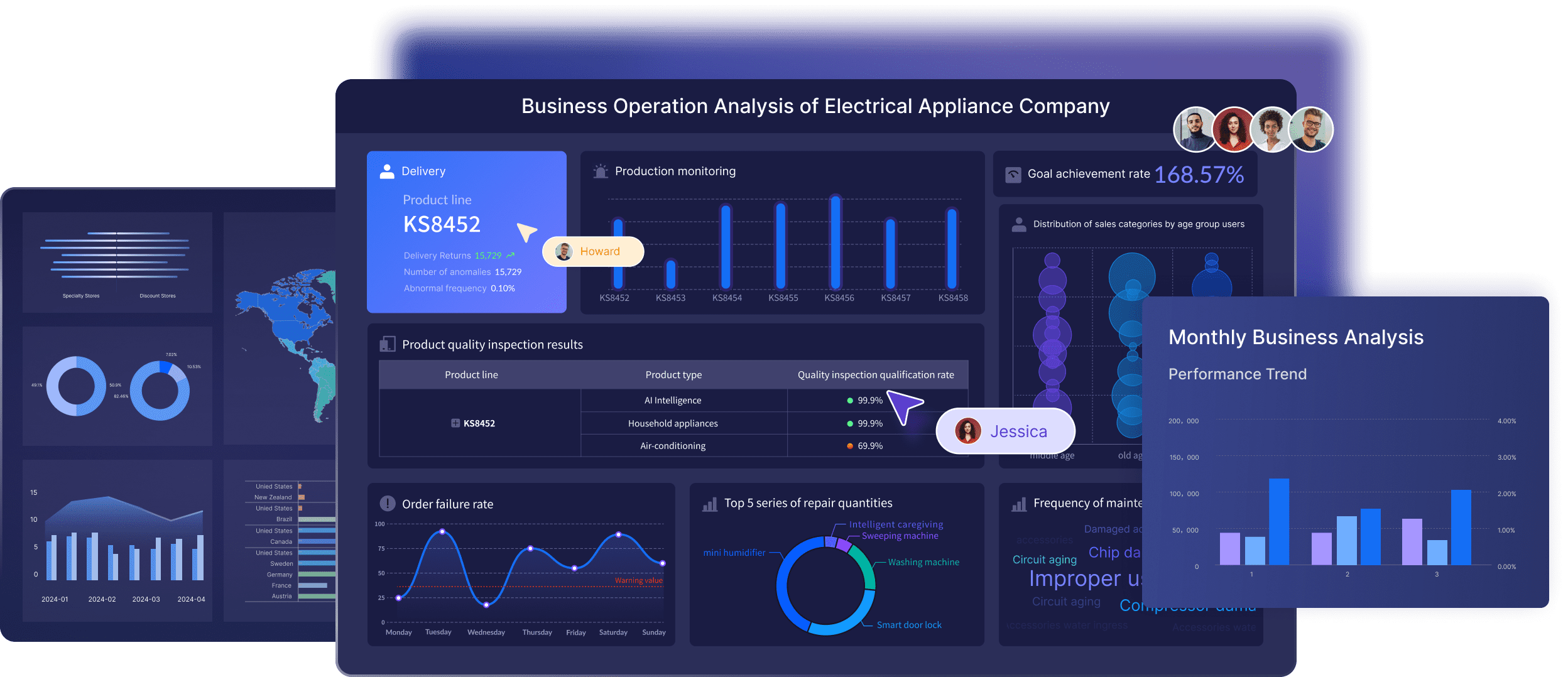
Tip: Mastering FineBI and FineChatBI gives you a competitive edge. These tools help you analyze data, build dashboards, and answer business questions quickly—skills that employers value highly.
You can expect strong earning potential as you start your career. The average starting salary for a business intelligence analyst in the United States is around $101,910. Data scientists often earn about $112,590. If you work in cities like San Francisco or New York, you may see even higher salaries due to regional demand.
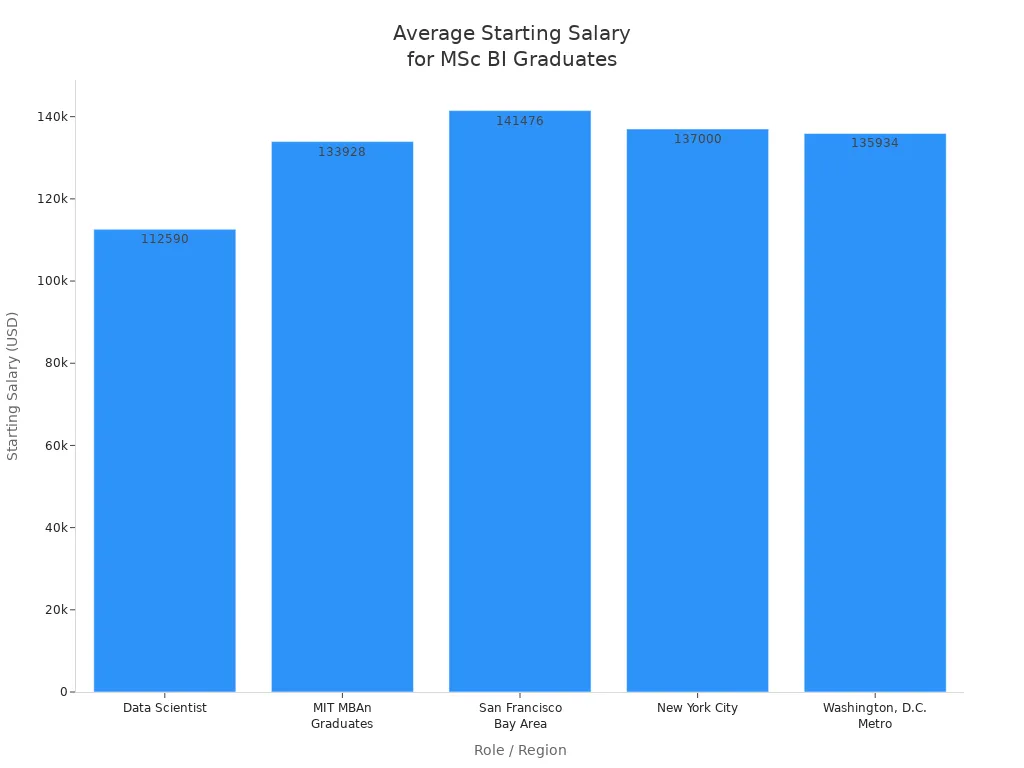
Many graduates move into management or director-level positions as they gain experience. You will find that your skills in data analysis and business strategy open doors to leadership roles. The demand for business intelligence analyst and related positions continues to grow, giving you many opportunities to advance your career.
You may wonder if your background fits a master’s in business analytics. Many successful applicants come from fields such as computer science, business administration, or mathematics and statistics. These areas give you a strong foundation in programming, business processes, and quantitative analysis. If you have experience with data analysis, business intelligence tools, or database management, you are well prepared for this program.
Your personal interests also matter. You should enjoy collecting and preparing data, finding patterns, and presenting insights. Curiosity about business operations and a passion for problem-solving help you succeed. You need good communication skills to share your findings with others. If you like working with technology, automation software, or even some software development, you will find the program rewarding.
Your goals shape your journey in business analytics. Many students aim to master data analysis tools, understand databases, and earn certifications. As you progress, you may want to lead analytics projects, improve data models, and create dashboards. Senior professionals often design company-wide strategies, mentor others, and set data governance policies.
| Career Stage / Goal Category | Key Professional Goals |
|---|---|
| Entry-Level Goals | Gain proficiency in data analysis tools, understand database structures, complete BI certifications, deliver presentations. |
| Mid-Level Goals | Lead analytics projects, improve data models, enhance communication and strategic influence. |
| Senior-Level Goals | Design BI strategies, mentor analysts, establish data governance frameworks, drive data culture. |
| Technical Proficiency | Master SQL, BI tools, programming languages, stay updated on AI/ML trends. |
| Strategic Thinking & Business Acumen | Align BI initiatives with business objectives, develop financial modeling skills, translate data into strategies. |
| Communication & Collaboration | Improve storytelling, foster teamwork, develop negotiation skills. |
| Data Governance & Ethics | Pursue privacy certifications, develop ethical policies, lead data quality initiatives. |
| Career Advancement | Aim for leadership roles, expand network, earn advanced degrees. |
You should consider a master’s in business analytics if you want to combine technical skills with business knowledge. Look for programs that offer hands-on experience, such as capstone projects or real-world problem-solving. Soft skills like teamwork and communication are important for translating data into business strategies.
Think about your career path. Many graduates start as data analysts or business analysts and move into roles like data scientist, analytics manager, or chief data officer. Alumni report strong job growth and competitive salaries. You should also compare this degree to related options, such as an MBA or a master’s in business analytics, to see which fits your long-term goals.
Tip: Review the curriculum, faculty expertise, industry partnerships, and program flexibility. Make sure the program matches your aspirations, whether you want to become a business analyst, data consultant, or business intelligence analyst.
You gain valuable skills and career flexibility with an MSc in Business Intelligence.
You can work in many industries and move into leadership roles.
Industry leaders rely on data-driven decisions for growth. You can help organizations succeed by applying advanced analytics and business intelligence methods. Explore programs, connect with advisors, and consider your goals before choosing this path.
What Does a Business Intelligence Developer Do in 2025
10 Business Intelligence Jobs Hiring Now That You Should Know
What Does a Business Intelligence Engineer Do in 2025
Top Business Intelligence Tools to Explore in 2025
You do not need to be a coding expert. Most programs accept students with degrees in business, computer science, math, or engineering. If you have strong analytical skills and enjoy working with data, you will fit right in.
You gain hands-on experience with real business intelligence tools. FineBI lets you analyze and visualize data. FineChatBI helps you ask questions and get answers fast. Employers value these skills.
Tip: Practice with these tools during your program to stand out in job applications.
You can become a business intelligence analyst, data scientist, data engineer, or analytics manager. Many industries need experts who can turn data into smart business decisions.
An MSc in Business Intelligence focuses on data analytics, technology, and hands-on skills. An MBA covers broader business topics like management and finance. If you love working with data, the MSc is a better fit.

The Author
Lewis
Senior Data Analyst at FanRuan
Related Articles
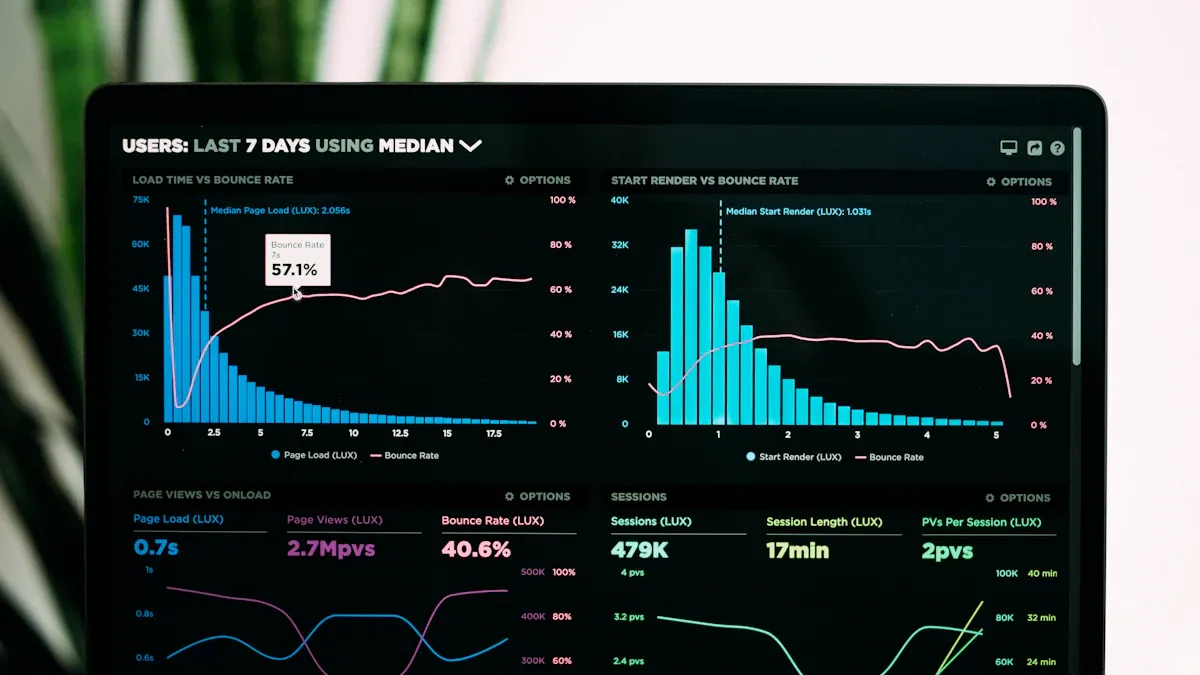
What is a Business Intelligence System and How Does It Work
A business intelligence system collects, analyzes, and visualizes data, turning raw information into actionable insights for smarter business decisions.
Lewis
Jan 04, 2026

Top 3 Retail Management Software Picks
Compare the top 3 retail management software. See features, pricing, and which solution fits your business needs for inventory and sales.
Lewis
Dec 30, 2025

What Are Enterprise BI Solutions and How Do They Work
Enterprise BI solutions unify business data, enabling real-time analytics, secure collaboration, and smarter decision-making across your organization.
Lewis
Dec 22, 2025